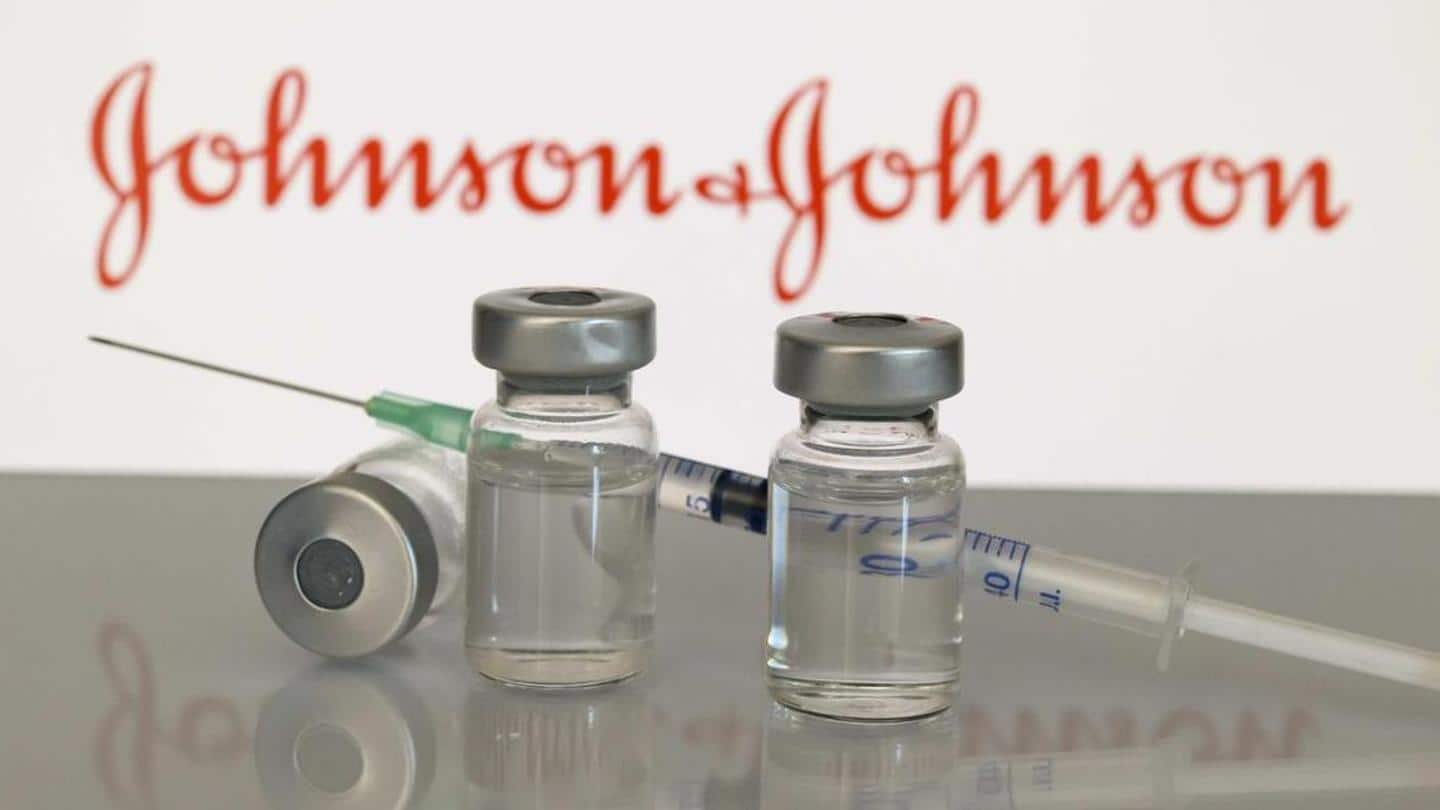
US to resume J&J COVID-19 vaccinations despite rare clot risk
What's the story
US health officials lifted an 11-day pause on COVID-19 vaccinations using Johnson & Johnson's single-dose shot, after advisers decided its benefits outweigh a rare risk of a blood clot.
Reportedly, 15 vaccine recipients developed a highly unusual kind of blood clot out of nearly eight million people given the shot. All were women, most under age 50. Three died, and seven remain hospitalized.
Way forward
The small clot risk could be handled with warnings: Officials
But ultimately on Friday, the FDA and CDC decided that J&J's one-and-done vaccine is critical to fight the pandemic and that the small clot risk could be handled with warnings to help younger women decide if they should use that shot or an alternative.
"Above all else, health and safety are at the forefront of our decisions," CDC Director Dr. Rochelle Walensky said.
Warnings
Panelists made it clear that shot must come with warnings
"Our vaccine safety systems are working. We identified exceptionally rare events out of millions of doses of the J&J shot and will continue to monitor them," she further said.
The US decision similar to how European regulators are rolling out J&J's shot comes after CDC advisers voted 10-4 to resume vaccinations but panelists made clear that they must come with warnings about the risk.
Information
How Americans handle J&J's vaccine will influence other countries' decisions
European regulators earlier this week made a similar decision, deciding the clot risk was small enough to allow the roll-out of J&J's shot. But how Americans ultimately handle J&J's vaccine will influence other countries that don't have as much access to other vaccination options.
Age
The group steered clear of outright age restrictions
The group debated but ultimately steered clear of outright age restrictions.
"This is an age group that is most at risk that is getting vaccine predominately to save other peoples' lives and morbidity, not their own. And I think we have a responsibility to be certain that they know this," said Dr. Sarah Long who voted against the proposal.
Flaws
Proposal doesn't go far enough in warning women: Long
Long voted against the proposal because she felt it did not go far enough in warning women.
However, Dr. Jose Romero, Arkansas' health secretary said in an interview, "The difference was how you convey the risk ... It does not absolve us from making sure that people who receive this vaccine, if they are in the risk group, that we inform them of that."
Information
J&J already working with the FDA on a warning label
Dr. Paul Stoffels, J&J's chief scientific officer, pledged that the company would work with the US and global authorities to ensure this very rare event can be identified early and treated effectively. J&J already was working with the FDA on a warning label.